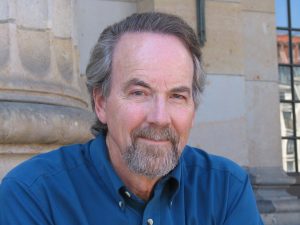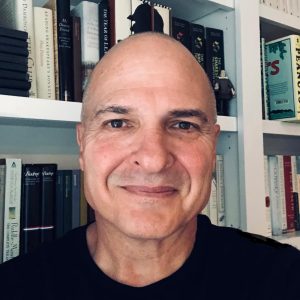The God in the Hearth
Pushpanjali Kumari
You fail to notice the narrowing of the
Passing days until you find yourself at a
Shallow juncture of softening seasons,
Your body, deoxygenated,
Silently urges the fire in the hearth
To linger on like a ghost awaiting
A second death.
It is winter and you still carry the music of
Last summer’s hailstorm,
Its tune a rich hum in your ears.
The outline of your palm, aglow, waits
For its translucence to be rooted
To your memories of that distant
Storybook summer with its tales
Of djinns and draughts.
The embers show you the worlds
They ate up,
In dancing shadows
Of flickering moths and other hidden
Nocturnal,
This unfurling bloom of warmth
Reminds you of the hibiscus
And its fire-crowned pistil
You sucked dry of nectar,
Letting the small bead of stolen sweetness
Diffuse on your tongue.
How magical it is
To consider the possibility of anything
Disappearing in your mouth at all—
A taste, a texture, a truthiness
Of the god that exists within the things
That remind you of nothing but
The grace of tenderness.

